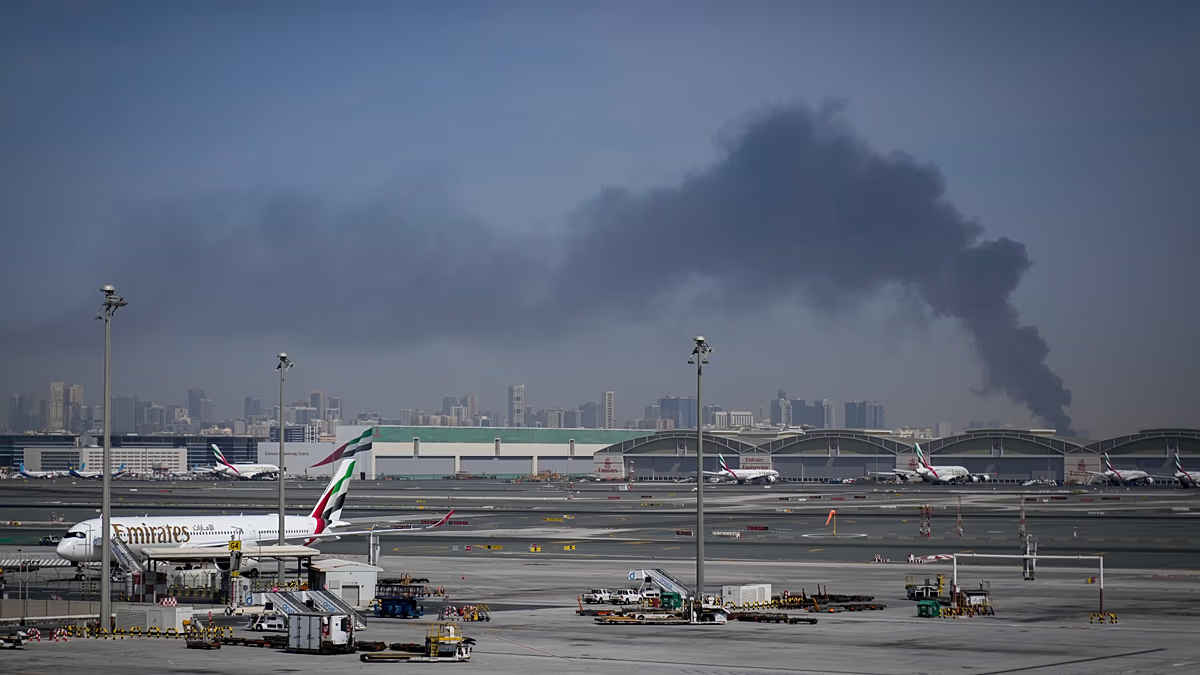Athens Airport Delays: Air Traffic Controllers Limit Flight Handling
The Athens International Airport is currently experiencing significant delays following a decision by air traffic controllers to limit the number of flights they are handling. This restriction has created a bottleneck in airport operations, causing disruptions for travelers and airlines alike. While the specific reasons behind this limitation have not been detailed in the provided information, such actions typically stem from labor disputes, safety concerns, or workload management issues within the air traffic control system.
Passengers traveling through Athens are feeling the impact of these restrictions firsthand, with many facing extended wait times, missed connections, and uncertainty about their travel plans. Airlines operating at the airport are scrambling to adjust their schedules, potentially leading to cascading delays throughout their networks as aircraft and crews are displaced from their planned rotations. The situation highlights the critical role that air traffic controllers play in the complex ecosystem of air travel, where decisions made by a relatively small group of specialized professionals can affect thousands of travelers across multiple countries.
For the Greek economy, which relies heavily on tourism, these disruptions could have broader implications beyond the immediate inconvenience to travelers. Athens serves as a gateway to the country’s numerous island destinations, and disruptions during peak travel seasons can impact visitor experiences and potentially influence future travel decisions. Local businesses, transportation services, and hospitality providers connected to the airport are also feeling secondary effects as travelers’ plans change unexpectedly.
Airport authorities and airline representatives are likely working behind the scenes to mitigate the situation, possibly through negotiations with the air traffic controllers’ union or by implementing alternative operational strategies. During such events, airlines typically prioritize communication with affected passengers, offering rebooking options or compensation according to applicable regulations. Meanwhile, air traffic controllers must balance their professional concerns with the awareness of how their actions affect the broader transportation network.
The situation at Athens Airport reflects broader tensions sometimes present in the aviation industry, where the demands for efficiency and increasing flight capacity must be balanced against workforce constraints, safety requirements, and labor conditions. Air traffic controllers worldwide often face challenging working conditions, including stress, shift work, and tremendous responsibility for flight safety, which can lead to disputes over staffing levels, workload, and compensation.
As the situation continues to develop, both short-term solutions to address immediate delays and longer-term discussions about sustainable air traffic management in Greece may emerge. For travelers currently affected or planning to travel through Athens, staying informed through airline communications and considering flexible travel arrangements may help navigate the uncertainty. This incident serves as a reminder of the interconnected nature of global air travel, where changes in one location can create ripple effects felt by travelers, businesses, and communities far beyond the airport itself.










